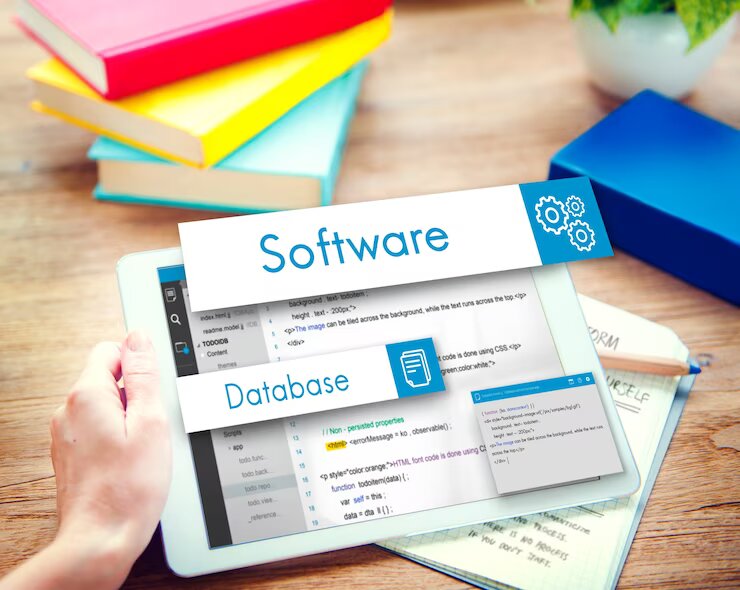Audit Logging: Benefits Of Hiring An Experienced Firm To Inspect Your Audit Logs?
5 Mins Read
Published on: 21 December 2022
Last Updated on: 22 December 2022

toc impalement
The term “audit logging” refers to the practice of keeping track of actions taken inside your company’s various computer programs. The occurrence of an event, the time at which it happened, the responsible user or service, and the affected entity are all recorded in audit logs.
Let’s start with the audit logging definition.
What Is Audit Logging?
Your network’s endpoints, cloud services, and application logs all provide data that may be examined in an audit. An audit logging trail is a collection of audit logs that together provide a chronological account of all actions taken inside a given system.
Security teams may investigate breaches and make sure regulatory requirements are met by checking audit logs, which system administrators can utilize to keep tabs on user activities.
The following sorts of data are recorded in audit logs:
- A brief, straightforward explanation of the event
- The exact moment when an event occurred
- Personnel responsible for making, changing, or erasing the event (user ID or API ID)
- Any software, hardware, or other entity affected by the incident (IP address, device ID, etc.)
- Originating place of the person or thing being described (country, hostname, IP address, device ID, etc.)
- User-defined labels, such as an event’s severity level, are also supported.
Although audit logs may be paper documents, the phrase is most often used to describe electronic data that can be kept in a log management system.
Difference between audit Logs and regular system logs
When compared to other types of system logs (such as error logs, operational logs, etc.), audit logging is distinct in terms of the data they record, the actions they document, and the fact that their entries cannot be altered. , there are many other differences between audit and regular system logs.
| Audit Logs | Regular System Logs |
| Audit logs provide a historical record of activities for compliance and other business policy enforcement, whereas standard system logs are meant to aid developers in troubleshooting faults. | Regular system logs data are not usually in restricted mode. As the information is that much important. |
| To be considered an audit logging, a log must have the aforementioned information and be utilized for auditing purposes. | Regular systems can hold up any kind of information and data. |
| Audit logs may come from any kind of network device, application, host, or operating system. | Regular systems do not require password protection or any kind of protection. |
| Audit logs strive for immutability so that no user or service may modify audit trails, which is important since compliance frameworks often demand enterprises to satisfy long-term retention requirements. | Regular system logs are editable. Anyone who has permission can edit it or update it with the new data. |
What do audit logs cover?
In most businesses, audit logging is used to keep tabs on the following actions:
Administrative duties
Things like adding or removing users from your CRM system fall under the audit logging category (e.g., Salesforce).
Access to data and modifications
Activities like downloading a file from payroll software are examples of data events (e.g., Workday).
User denials or login failures
When a user is unable to system login (for example, owing to incorrect credentials) or is refused access to resources like a particular URL, this may be recorded in audit logs such as Okta and VPN logs.
System-wide changes
Larger network activities, such as a user launching a new virtual machine instance or a new application, may be captured in audit logs from sources like AWS Cloudtrail.
It is up to each individual audit firm in the Netherlands to decide what auditing procedures to implement. Human resources (HR), security engineers, and system administrators (SAs) may all have auditing needs.
How Audit Logging Works?
You may activate audit log collecting in the majority of your technology stack’s components through a user interface. Further fine-grained control over audit log collection may be available, depending on the instrument used.
Examples of cloud providers that accomplish this automatically include Amazon Web Services, Microsoft Azure, and Google Cloud. However, you may need to turn on audit logging to collect enough information to demonstrate compliance or conduct an investigation into an occurrence if you choose to do either.
In order to store, examine, and analyze audit logs, teams might transmit them to a centralized log management platform. There must be an agent installed on the hosts or a direct interface between the logging platform and the program from which audit logs are being collected in order for the logs to be sent to a log management platform.
Benefits Of Hiring An Expert Firm To Carry Out Audit Logging
Audit logging has moved from the background to the front for all sorts of firms with a digital footprint when it was previously more popular in certain areas like banking and insurance.
In a wide variety of contexts, audit logging may help you accomplish the following objectives:
Ensuring Compliance With Industry Regulations
Numerous sectors are impacted by regulations, such as the PCI DSS, CIS, and SOC 2. You may utilize audit logs to demonstrate that, for a certain time period, your accountant firm in Amsterdam meets particular standards (such as password security for CIS).
Troubleshooting System Issues
When a system goes down, or an event occurs, audit logging may be utilized to piece together what happened and when. For instance, logs may be used to tell the difference between human mistakes and software malfunction.
A file that has been corrupted may sometimes be restored to its original condition by looking at the audit trail to determine what modifications were made to the file and when they were made.
Reconstructing Security Breaches
In the event of a breach, an audit trail may assist in determining what went wrong and why.
When an employee reports that their bank account information in the payroll system is inaccurate, for instance, HR may check the audit logs to see who made the change and when.
Recommending New Security And Audit Procedures
Reviewing audit logging and suggesting new security practices may help organizations enforce individual responsibility and decrease the possibility of security breaches or fraudulent conduct.
Providing Legal Evidence
The audit logging may be used as evidence in court to verify the authenticity of an electronic signature or another digitally signed document.
Wrapping It Up:
When first-time audit logging was introduced that time the uses of these audit logging systems were bound under the finances and the insurance sectors. But now audit logging systems are widely used in almost every type of business and industry. Hope you are getting ideas about the differences between the regular systems and the auditing systems. What is your opinion? Comment back to us.
Additional:


















Comments Are Closed For This Article